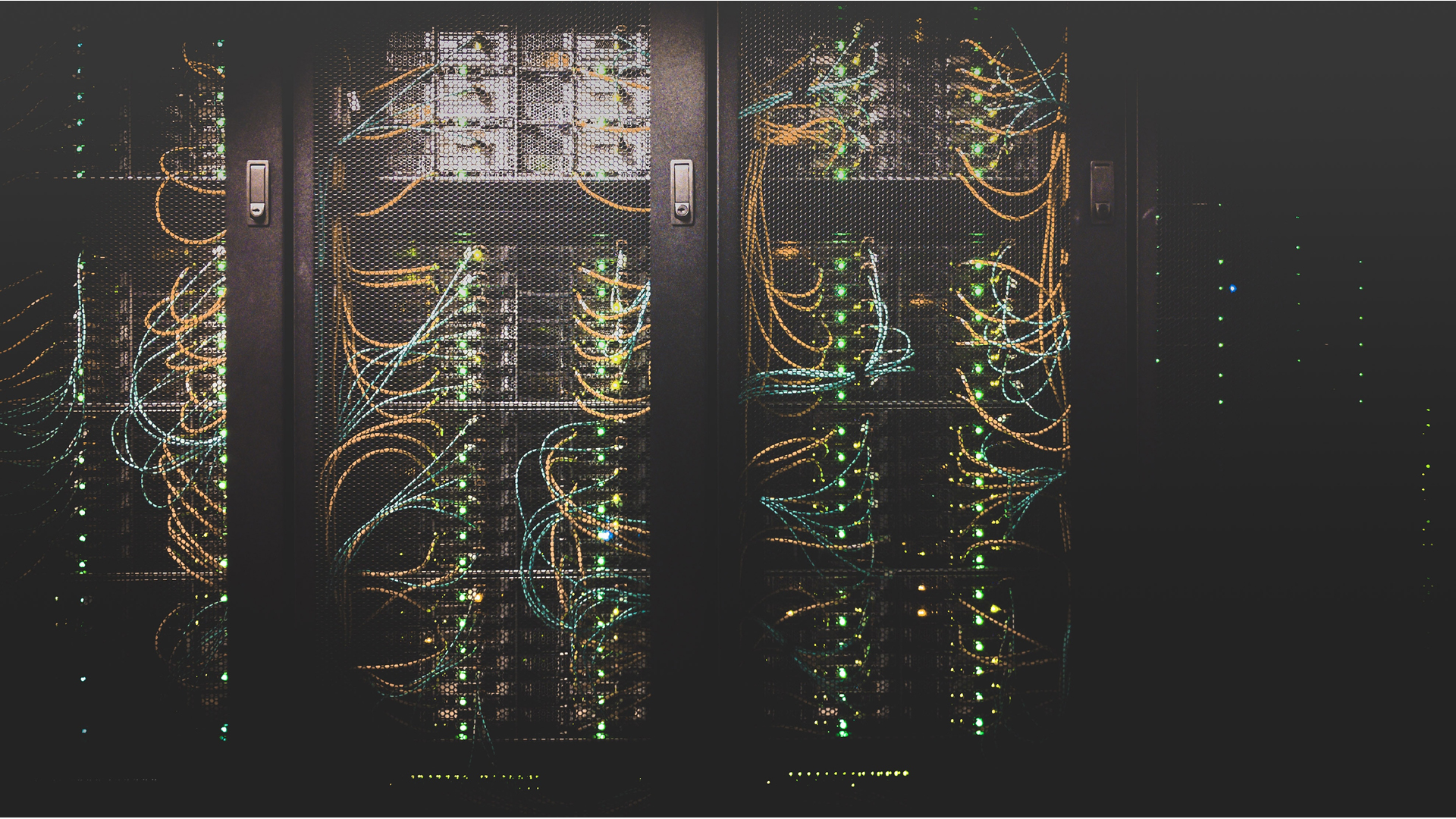Managed vs unmanaged hosting
Here, we compare managed vs unmanaged hosting, explain the difference, and why upgrading to managed hosting can save time and effort


A company's website is an integral and essential element of a business, and in our digital age, even more so. A key part of having a website is choosing the best web hosting service to host your site with (as well as the best website builder to construct it with), and this can be difficult with so many web hosts available.
One way to approach this process is by reading guides discussing different elements of web hosting, whether you're looking for the best web hosting, the best free web hosting, the best unlimited hosting, or the best cloud hosting. It's also advisable to read reviews of web hosts, and then put a shortlist together, before deciding on the web hosting provider that seems like the best fit for you and your business.
The next step is to decide on the right type of hosting that you need, and different websites require different solutions, with it being important to choose the correct one for your business. These can range from standard, unmanaged hosting through to dedicated, high-end and managed servers.
Here, we compare managed vs unmanaged hosting, and explain the differences between the two, as well as why - ultimately - managed hosting is the better option for businesses.
Managed vs unmanaged hosting: What’s the difference?

There are many components involved in running a web server, from the hardware to the operating system and various software tools. A managed hosting plan has a selection of additional “management” features installed, ones that are aimed at helping your website run easier. Managed hosting plans also usually offer more in the way of technical support.
Unmanaged hosting plans, in contrast, don’t offer any (or few) of these extra features. You’ll get a basic server with the operating system installed, and that’s about it. It will be up to you to install everything else, such as basic software required for running a website, like Apache, Ngnix, or PHP.
Unmanaged plans are cheaper because the hosting provider doesn’t do as much of the work. Not all hosting companies offer managed solutions, but if you want to spend more time on creating content for your website than on the nitty-gritty details of running a server, it is worth finding one that offers this type of service. It could save you time and money.
Sign up today and you will receive a free copy of our Future Focus 2025 report - the leading guidance on AI, cybersecurity and other IT challenges as per 700+ senior executives
What benefits can managed hosting offer to my website?
We've outlined a number of points that illustrate the benefits of managed hosting below.
Backups
Backups are an extremely important part of running a website. Without any, you risk losing your site completely if disaster strikes. If you’ve chosen a good web hosting company, check that it provides daily backups and keeps them for at least a week, if not longer.
If an incident occurs that stops your website from functioning, the web host will be able to restore your site’s files and database from those backups.
Technical support
Technical support is a crucial component of what hosting providers offer. If you ever need help, you want to know that there will always be a team of people who are ready to respond. Even before signing up, you can get a gauge on how good a provider’s support will be by contacting their team via phone, live chat, or email to see how they respond.
If you get prompt and efficient answers from the pre-sales team, it’s a good indication that the technical support will offer a similar standard of service.
Routine operations and maintenance
A fully managed service should take care of everything that goes on behind the scenes to keep a website running. Such tasks include keeping the operating system up to date and secure and customising the server to your exact requirements if you request it. It also can help with installing third-party applications, talking to your website developers about any technical issues, and offering recommendations on how to improve your site’s performance.
A good hosting plan should include monitoring of the server and website and the ability to respond quickly to any issue. It should also have a migration service to help you move your website from your current provider, if you have one.
Web security
Web security is just as important as support when it comes to web hosting. A fully managed hosting plan should have a full suite of security features, such as installing a local firewall as standard, actively scanning your website for malware, and blocking unauthorised attempts to log into the website’s control panel.
Another good reason for considering a managed hosting solution is if your website runs on older software that can’t be upgraded or has other special requirements. With a managed service, the hosting company should be able to configure a server to your liking. When assessing providers, it’s a good idea to ask if support is offered for third-party companies.
This way, if you’re using specialised software from a third party and need assistance with technical queries, you can request help from your hosting company.
Further reading on web hosting
Learn more about anonymous hosting, another option for you to improve your site's privacy, and discover the best anonymous hosting solutions. It's also worth learning how your web hosting impacts security, and if you're looking for a domain, find out how to choose a domain name for your website and what to consider when choosing a domain name.
John is a freelance writer and web developer who has been working digitally for over 30 years. His experience is in journalism, print design and web development and he has worked in Australia and the UK. His work has been published in Future publications like TechRadar, Tom's Guide, and ITProPortal.
-
 What is Microsoft Maia?
What is Microsoft Maia?Explainer Microsoft's in-house chip is planned to a core aspect of Microsoft Copilot and future Azure AI offerings
-
 If Satya Nadella wants us to take AI seriously, let’s forget about mass adoption and start with a return on investment for those already using it
If Satya Nadella wants us to take AI seriously, let’s forget about mass adoption and start with a return on investment for those already using itOpinion If Satya Nadella wants us to take AI seriously, let's start with ROI for businesses
